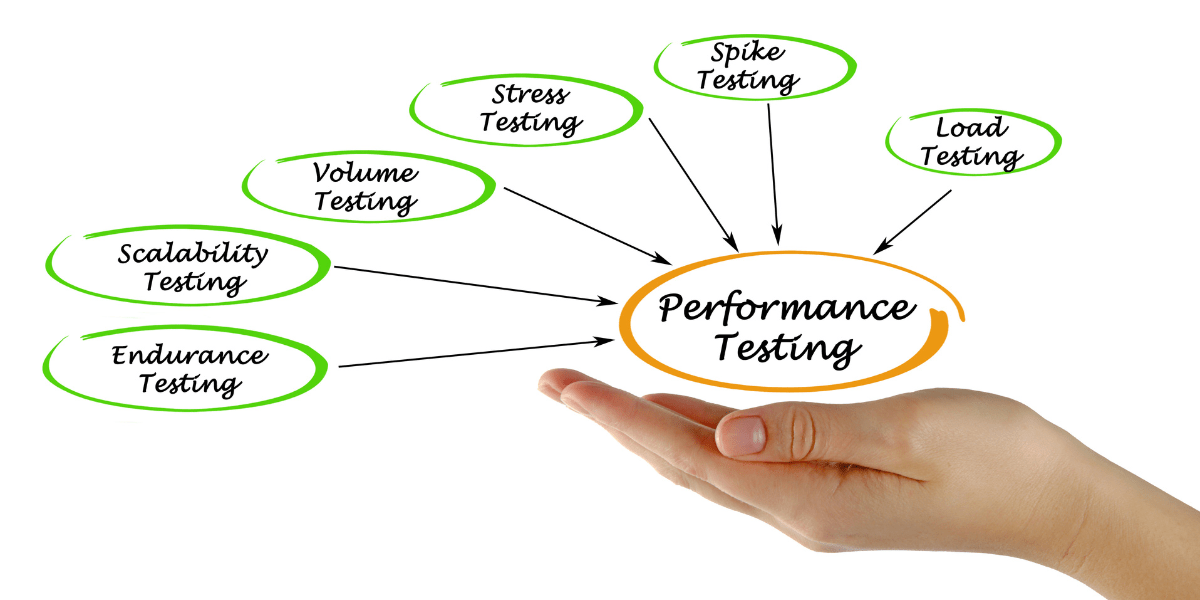Mobile applications have become an integral part of our daily lives. From ordering food to booking a ride, mobile apps have made our lives easier and more convenient. However, with the increasing number of mobile apps in the market, it has become more challenging for app developers to ensure that their apps stand out from the crowd. One way to achieve this is by enhancing the performance of mobile apps through rigorous performance testing. In this article, we will discuss how rigorous performance testing can help enhance mobile app excellence.
What is Performance Testing?
Performance testing is a type of software testing that evaluates the performance of an application under a specific workload. It is different from functional testing, which tests the functionality of an application. Performance testing is essential to ensure that an application performs optimally under different conditions. It helps identify performance bottlenecks and other issues that may affect the user experience.
Types of Performance Testing
Several types of performance testing can be performed on mobile apps. These include:
Load Testing
Load testing is a type of performance testing that evaluates how an application performs under a specific load. It helps identify the maximum number of users an application can handle without affecting its performance.
Stress Testing
Stress testing is a type of performance testing that evaluates how an application performs under stressful conditions. It helps identify the maximum load an application can handle before it crashes.
Endurance Testing
Endurance testing is a type of performance testing that evaluates how an application performs under a specific workload for an extended period. It helps identify performance issues that may occur over time.
Spike Testing
Spike testing is a type of performance testing that evaluates how an application performs under sudden spikes in traffic. It helps identify how an application handles sudden traffic increases.
Volume Testing
Volume testing is a type of performance testing that evaluates how an application performs under a large volume of data. It helps identify how an application handles large amounts of data.
Best Practices for Performance Testing
To ensure that performance testing is effective, it is essential to follow best practices. Here are some best practices for performance testing:
Define Performance Goals
Before starting performance testing, it is essential to define performance goals. Performance goals should be specific, measurable, achievable, relevant, and time-bound. Defining performance goals helps ensure that performance testing is focused and effective.
Use Realistic Test Data
To ensure that performance testing is effective, it is essential to use realistic test data. Realistic test data helps ensure that performance testing is accurate and reflects real-world scenarios.
Use Automated Testing Tools
To ensure that performance testing is efficient, it is essential to use automated testing tools. Automated testing tools help reduce the time and effort required for performance testing.
Test Early and Often
To ensure that performance issues are identified early, it is essential to test early and often. Testing early and often helps ensure that performance issues are identified and addressed before they become critical.
Monitor Performance Metrics
To ensure that performance testing is effective, it is essential to monitor performance metrics. Performance metrics help identify performance bottlenecks and other issues that may affect the user experience.
Conclusion
In conclusion, performance testing is essential to ensure that mobile apps perform optimally under different conditions. By following best practices for performance testing, app developers can enhance the performance of their apps and provide a better user experience. Load testing, stress testing, endurance testing, spike testing, and volume testing are some of the types of performance testing that can be performed on mobile apps. By using automated testing tools, realistic test data, and monitoring performance metrics, app developers can ensure that their apps perform optimally.



